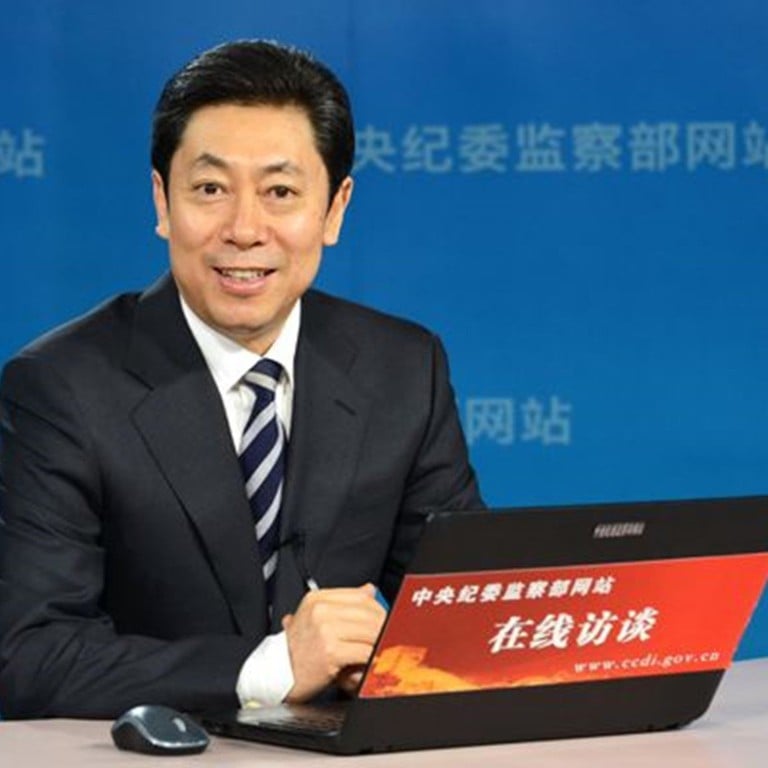
China and Russia eye stronger intelligence and law enforcement ties as top security officials meet
- Politburo member Chen Wenqing says Beijing supports Moscow’s national security efforts as he visits Russia a month after deadly concert hall attack
- Amid tensions with the West, Beijing and Moscow have stepped up strategic cooperation, drawing scrutiny from Washington
The Russian Security Council said in a statement that the two discussed “further strengthening cooperation between the law enforcement agencies and special services of the two countries”.
“Opinions were exchanged on some issues on the international agenda. The parties confirmed their focus on enhancing coordination in the international arena,” it said.
Pancakes and dancing: how Russia and China are trying to boost cultural ties
Earlier this month, Russian Foreign Minister Sergey Lavrov visited Beijing, where the top diplomat met Chinese President Xi Jinping. The trip was seen as part of efforts to lay the groundwork for an anticipated China visit by Russian President Vladimir Putin next month.
China rejects restraints on Russia trade as top US envoy travels to Beijing
The strong ties between Beijing and Moscow have drawn scrutiny from Washington.
The Wall Street Journal reported on Tuesday that Washington was drafting sanctions that threatened to cut some Chinese banks out of the global financial system in an effort that could give Blinken the leverage to persuade Beijing to stop its commercial support for Russia’s military production.
The Chinese foreign ministry rejected the criticism and said export restrictions are in place for dual-use products, which could have military applications.
On Wednesday, Reuters quoted an anonymous source as saying that there are currently no immediate plans by Washington to impose sanctions on Chinese banks.

